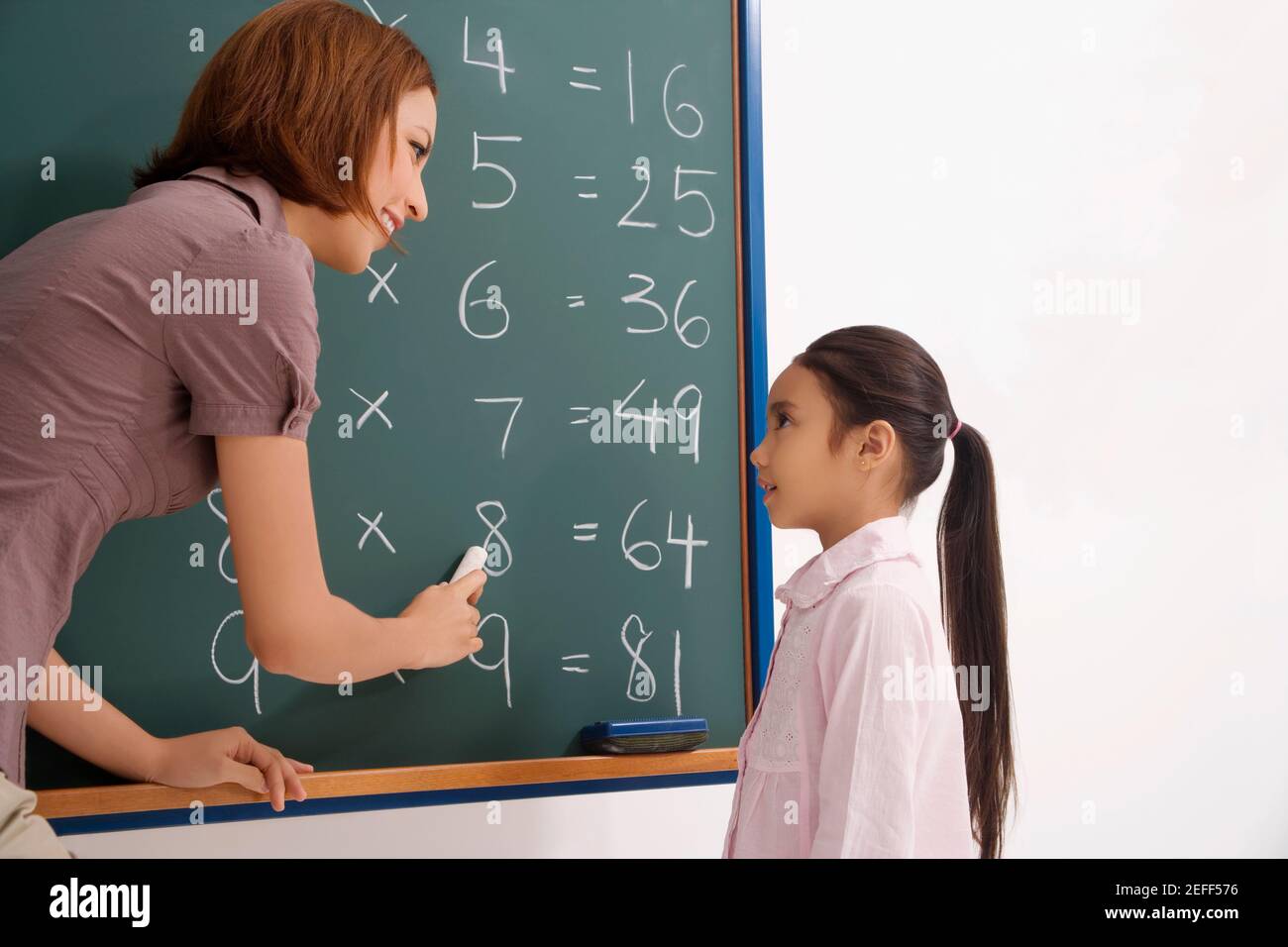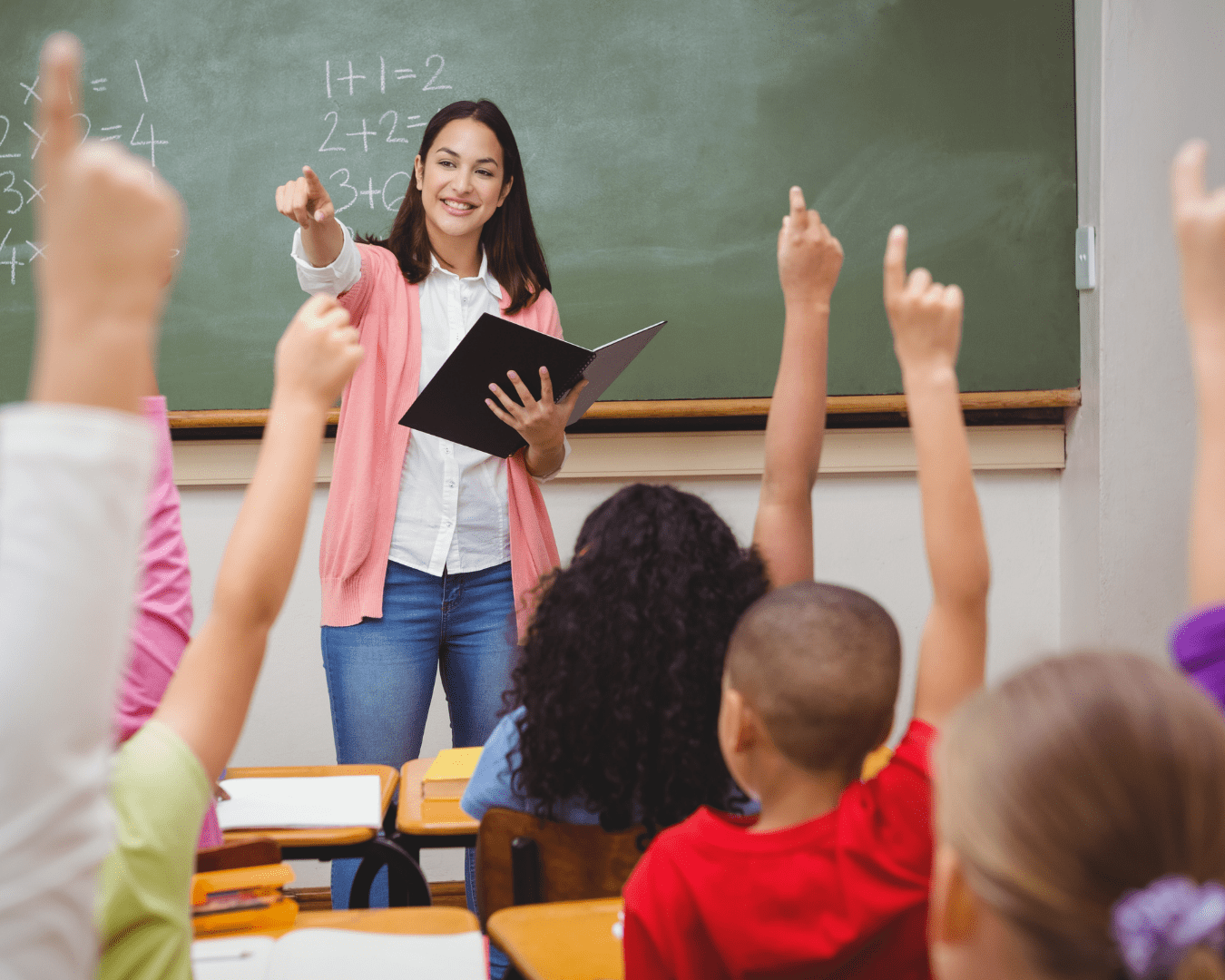Discovering the Various Training Techniques in Key Science Education Today
Inquiry-based discovering, hands-on experiments, and the integration of innovation are redefining how instructors engage young minds. Furthermore, joint approaches and distinguished instruction are being used to provide to the varied requirements of pupils, enhancing both involvement and understanding.
Inquiry-Based Discovering
Inquiry-Based Learning (IBL) is a pedagogical strategy that motivates pupils to check out clinical principles with wondering about, investigation, and hands-on trial and error. This approach emphasizes the function of pupils as active participants in their learning, promoting critical thinking and problem-solving abilities. By involving with real-world questions, trainees come to be inspired and interested, which enhances their understanding of clinical concepts.
In IBL, educators act as facilitators, directing pupils as they navigate their inquiries instead of delivering details straight. This student-centered approach permits differentiation, accommodating numerous discovering styles and speeds. Trainees create abilities in creating theories, creating experiments, and analyzing data, which are vital for clinical proficiency.
Furthermore, IBL fosters cooperation amongst students, encouraging them to share ideas and searchings for. This collective inquiry advertises social abilities and a sense of area within the classroom. The procedure of inquiry urges strength, as trainees find out to embrace failure as a tipping rock towards understanding.
Hands-On Experiments
Hands-on experiments are an important component of reliable science education, matching the principles of inquiry-based learning. These experiments permit trainees to involve directly with clinical principles, fostering a much deeper understanding through experiential discovering. By manipulating products and observing results, young learners can grasp abstract concepts in concrete ways.
Such tasks advertise crucial reasoning and analytical skills, as pupils assume outcomes, conduct experiments, and assess results. This procedure encourages them to ask questions, improve their understanding, and establish a scientific state of mind. Hands-on experiments can be tailored to diverse discovering styles, making certain that all students have the chance to involve meaningfully with the content.
In addition, hands-on experiments frequently motivate cooperation amongst peers, advertising teamwork and communication skills. Operating in teams makes it possible for students to share ideas, review searchings for, and pick up from each other, which improves their overall educational experience.
Integrating hands-on experiments into the main science curriculum not only improves the learning environment but also cultivates a long-lasting rate of interest in scientific research. By proactively taking part in their education and learning, trainees are more probable to create a passion for clinical questions that prolongs past the class.

Technology Combination
Integrating modern technology right into main scientific research education and learning has actually come to be increasingly essential in cultivating pupil engagement and enhancing discovering results. Using electronic tools, such as interactive simulations, virtual labs, and educational software application, gives pupils with possibilities to check out clinical principles in cutting-edge methods. These resources help with a deeper understanding of complicated topics by permitting students to visualize and manipulate variables that would be impractical in a traditional classroom setup.
Moreover, technology assimilation urges individualized learning experiences. Pupils can advance at their very own speed, taking another look at tough ideas through multimedia resources, which provide to different learning designs. This check here flexibility not only sustains private development but also grows a sense of freedom in learners.
In addition, innovation works as a bridge to real-world science, connecting trainees with current study and expert payments. Accessibility to on the internet databases and clinical journals expands pupils' viewpoints on clinical query and cultivates essential thinking skills.
Collaborative Knowing
Joint learning plays an important duty in main scientific research education by promoting synergy and communication abilities amongst students. This technique urges students to work together, share understanding, and participate in analytical, which boosts their understanding of clinical concepts. By taking part in group tasks, pupils find out to express their ideas, listen to diverse viewpoints, and bargain solutions, every one of which are vital abilities in both real-world and scholastic contexts.

Research shows that collective learning can cause boosted motivation and engagement in science subjects, as trainees discover pleasure in common experiences (primary science tuition Singapore). Furthermore, this method prepares trainees for future collaborative undertakings, furnishing them with the skills needed for effective teamwork in college and professional environments. Ultimately, welcoming collaborative learning in primary science education and learning can dramatically improve the knowing experience and advertise a deeper understanding of scientific inquiry
Separated Direction

Distinguished guideline can show up in numerous means, such as differing the web content, processes, or products of knowing. Instructors may use tiered assignments that give differing levels of complexity, enabling trainees to work at their corresponding readiness levels. In addition, adaptable grouping approaches can assist in cooperation among pupils with various capacities, promoting peer understanding.
Analysis plays a critical duty in this technique, as it notifies direction and helps educators comprehend each student's distinct needs. Formative evaluations, such as observations and quizzes, can lead instructors in readjusting their techniques to boost learning results. primary science tuition Singapore. Ultimately, by applying separated direction in main science education and learning, educators can grow an extra reliable and equitable understanding environment, encouraging all trainees to reach their full potential in recognizing clinical sensations
Final Thought
In summary, the diverse teaching strategies in main science education and learning, consisting of inquiry-based learning, hands-on experiments, modern technology integration, collaborative learning, and separated direction, jointly add to an extra reliable knowing environment. These techniques promote vital thinking, analytic abilities, and a deeper comprehension of clinical ideas. By carrying out these methods, teachers can produce supportive and look here interesting class that deal with the diverse needs of students, ultimately fostering a long-lasting interest in science and enhancing scholastic success.
Inquiry-Based Understanding (IBL) is a pedagogical strategy that motivates students to discover scientific concepts through wondering about, examination, and hands-on trial and error.Collaborative learning plays a crucial role in key scientific research education and learning by cultivating teamwork and interaction skills among pupils.Study suggests that joint learning can lead to boosted motivation and engagement in scientific research topics, as trainees discover enjoyment in common experiences.In promoting a comprehensive knowing setting, distinguished guideline emerges as an essential method to accommodate the varied demands and abilities of students in key science education. Ultimately, by carrying out distinguished instruction in primary scientific research education and learning, instructors can cultivate a more efficient and fair learning atmosphere, equipping all trainees to reach their complete potential in comprehending clinical phenomena.
Comments on “Master Primary Science Concepts with Quality Tuition in Singapore”